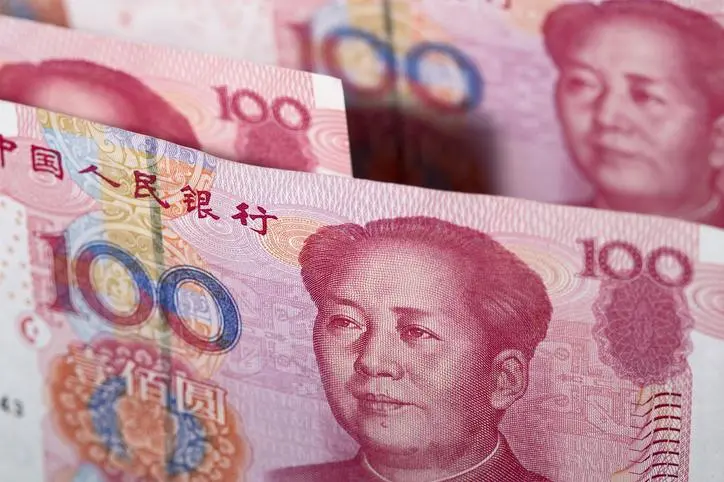PHOTO
BEIJING- China's central bank vice governor said on Tuesday the economic hit from the coronavirus pandemic was bigger than first expected and that more monetary and credit policy support was needed.
China still has space for normal monetary policy to support the economy, Pan Gongsheng told a news conference, adding that new tools to boost bank lending to small firms were a short-term policy arrangement and not a form of quantitative easing.
"The epidemic's impact on the economy and society is bigger than expected," Pan said. "It is necessary to strengthen monetary and credit policy."
The People's Bank of China said on Monday it would start buying 400 billion yuan of bank loans made by local lenders to small businesses to encourage banks to lend as much as 1 trillion yuan ($140.44 billion).
Pan said the move would imply interest-free loans to small banks based on 40% of their lending to small firms. The new loans will not require collateral and guarantees, removing a key obstacle for such borrowers, central bank officials said.
The PBOC will also provide 40 billion yuan in relending funds to conduct interest rate swaps with local banks through a special purpose vehicle, which it said would help banks extend loans with a principal value of about 3.7 trillion yuan.
A total 7 trillion yuan in loans to small firms are eligible for this loan extension supporting tool, central bank officials said.
Big banks should also step up lending support for small firms, although they are not included in the scheme, Pan said.
The unprecedented targeted and direct support for small firms will help stabilise growth and employment, Pan said.
China's economy shrank 6.8% in the first quarter from a year earlier, the first contraction since quarterly records began.
Analysts believe it will be months before activity returns to pre-crisis levels, even if a new wave of infections is avoided.
Pan said Chinese banks' asset quality could be affected as the economy faces downward pressure.
The central bank has rolled out easing steps since early February including cuts in reserve requirements and lending rates and targeted lending support for virus-hit firms.
Premier Li Keqiang said last month the government is extending loan payments for small and micro-sized business until the end of March next year.
(Reporting by Kevin Yao; Writing by Gabriel Crossley; Editing by Catherine Evans) ((Gabriel.Crossley@thomsonreuters.com; +86 10 5669 2127))





















